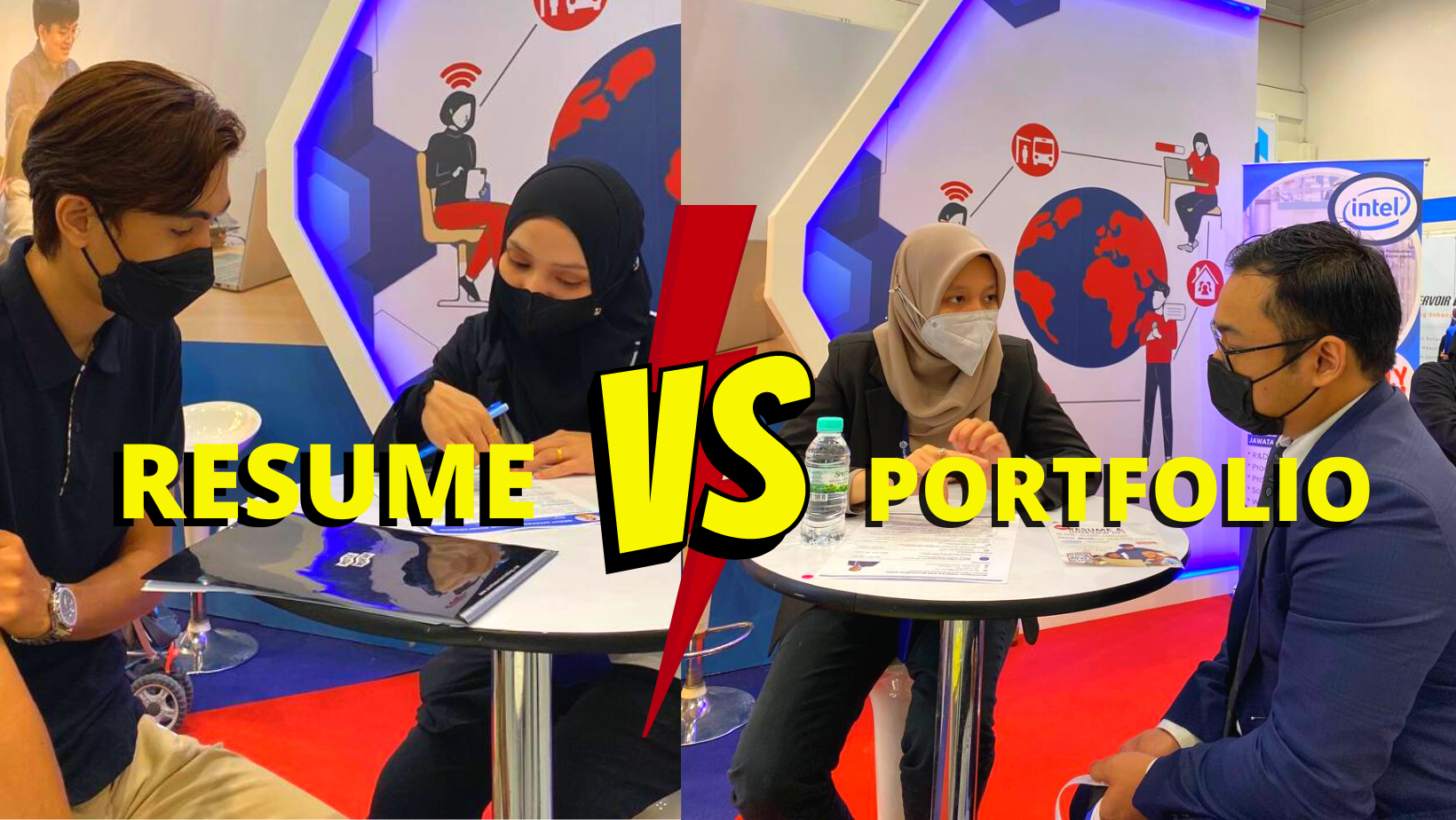Introduction
Resume and portfolio are essential components to job seeker success. They help you decide what skills, experiences and education to include on your resume and portfolio, as well as help you tailor them to each job listing.
Key Differences of Resume vs. Portfolio
While the two documents are similar, there are important differences. A resume is a one-page document that highlights your professional experience and accomplishments in order to showcase how you’re qualified for the position. A portfolio, on the other hand, is a collection of your work samples.
Does a Job Seeker Need a Resume and a Portfolio?
A resume is a summary of your background, skills and accomplishments. A portfolio is a collection of your work. The job seeker who has both a resume and portfolio can be more successful than those who only have one or the other.
When you’re applying for jobs, employers want to see that you’ve done good work in the past so they can see how skilled you are at doing similar projects in the future. Your resume gives them this information; it’s like showing off what makes you special from other people who are applying for jobs as well!
How to Maximize Job Seeker Success with Both Resume and Portfolio
It is possible to have a resume and portfolio at the same time. It’s not mutually exclusive: you can have both.
While it might seem like the two are competing against one another, they actually work together. A well-crafted resume highlights your skills and experiences, while portfolios provide visual evidence of what you can do and how you do it in practice. Both are important for job seeker success—just make sure that you’re taking full advantage of them!
Including a portfolio on your resume allows recruiters to see past just your work history and experience level (which can be difficult to convey with only words). You’ll also have an opportunity to show off any awards or certificates that demonstrate professional growth or skill development over time; these items will show up in some sort of digital format anyway since most employers require candidates’ application materials online nowadays so having them visible on LinkedIn makes sense as well (if this isn’t already happening). If not already done so already, adding a website or blog where prospective employers can learn more about who they’ll be working with before making hiring decisions could help provide additional context around why someone should hire them rather than someone else competing against them at each stage during recruitment processes–and again this could be done within one place instead having all these different types of information spread out across multiple platforms.”
A resume and portfolio are essential components to job seeker success.
A resume and portfolio are essential components to job seeker success. The resume is a summary of your work history, while the portfolio is a collection of examples of your work.
The Resume: A Marketing Tool
Your resume is a marketing tool that should be as succinct as possible—no more than one page at most, if you can help it—to ensure it captures the attention of the hiring manager and gets you in for an interview. Your objective is to communicate what you’re selling (your skills) without getting sidetracked by your personal details or other information that doesn’t directly relate to why they should hire you.
Conclusion
A resume and portfolio are two key components to job seeker success. A resume is the perfect way to showcase relevant skills and experience that make you a good fit for an open position. A portfolio allows you to demonstrate your creativity and passion for your work. Both documents can be used as part of an application process, but it’s important that they not overdo it by overwhelming employers with too many details or unnecessary information.

Exploring Korea with Fair Work Team
At FairWork, we believe that the best way to appreciate our employees is by creating experiences that go beyond the ordinary. Our recent company trip

Fair Work Malaysia Wins Multiple Awards at the HR Vendors of the Year Awards 2025
Fair Work Malaysia is proud to announce our achievements at the HR Vendors of the Year Awards Malaysia 2025, one of the country’s most respected

Top Interview Questions Recruiters Ask to Find Top Talent
Hiring great people isn’t just about resumes or technical skills—it’s about understanding how someone thinks, communicates, solves problems, and works with others. Moreover, experienced recruiters

Retaining Top Talent: Key Strategies for Local Companies
As the world becomes increasingly interconnected, professionals are no longer limited to career opportunities in their own country. With the rise of global mobility, many

How to Write a Job Description That Attracts Top Talent
A job description is often a candidate’s first impression of your company and the role. It’s more than just a list of duties and qualifications—it’s

Highlight Achievements Over Duties in Your Resume or LinkedIn
When applying for a job, your resume or LinkedIn profile is your first opportunity to impress employers. Instead of simply listing job duties, focus on

